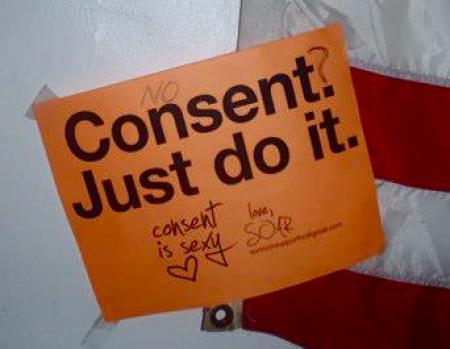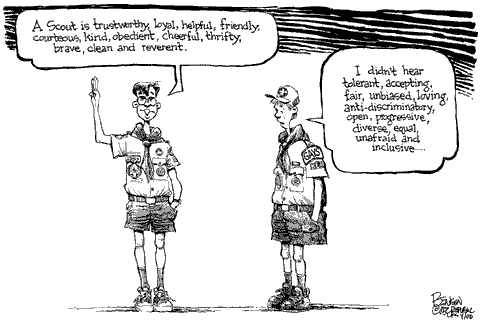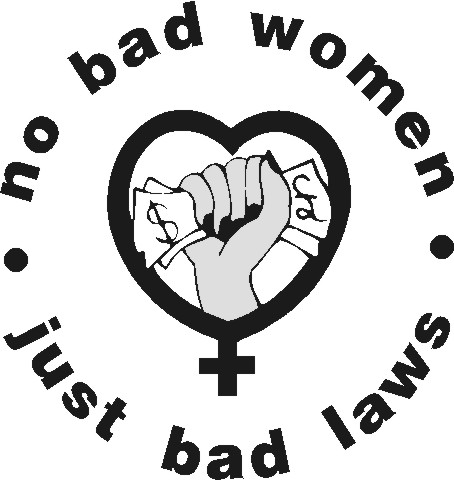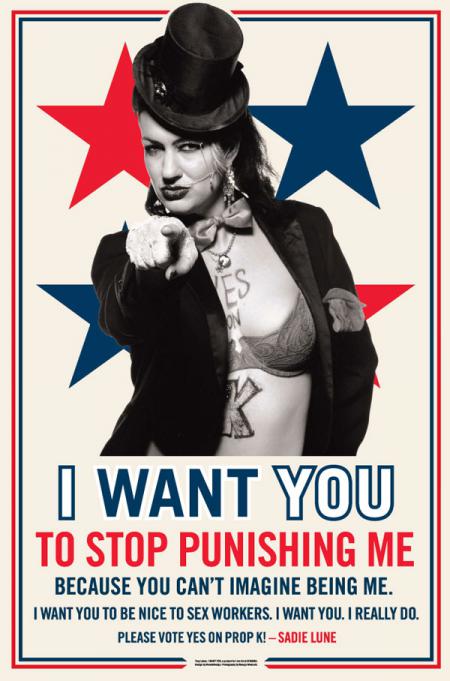Serendip is an independent site partnering with faculty at multiple colleges and universities around the world. Happy exploring!
Precarious and Performative Play Web Paper 3

Right Relationships in Urban Gardening - Overcoming the Race/Class Divide
The difference that Humbach makes between rights and right relationships can be teased out within the debate on food security/sovereignty. Food security, as an ideal, is the right for all people and communities to have enough culturally appropriate food. Food sovereignty builds upon this by accentuating the importance of process in food acquisition. It places importance on community food systems, non-exploitation, and health.
The issues of food justice and food security have always been important to me. On the surface, they are merely about food: having enough, access and availability. And on the surface, these are simple problems to fix, right? To fix hunger, farmers should plant more. Grocery chains should build stores in neighborhoods that lack them. But relationships always prove to be more complicated than their surface implications.

Moving towards a right relationship between Bryn Mawr College and Transgender Students
The following is a link to the movement I wanted to present towards a right relationship between Bryn Mawr College (or maybe all single-sex schools?) and transgender students. I chose to use a prezi to present this information to show that there has been movement, but also that I would like to see more movement.
There is a zoom in/zoom out button at the right side of the screen, which you might like to use as some of the slides might be more comfortably viewed when zoomed in on. I have a slide with a link to my sources at the end of the presentation. I hope my movement through this work makes sense to all of you!
"Consent is Sexy" at Haverford: Not Yet
I’d been working on another paper for this web event, one linking human rights abuses to sexual assault, and examining the relevance of transitional justice mechanisms. After the past three days, however, I feel compelled to share some of what’s been going on in my quest to build “right relationships” between people – students, administrators, faculty, and staff – on Haverford’s campus.
The Context: Rape and Sexual Assault at Haverford College
Haverford is mandated by the Clery Act to report crime statistics, including sex offenses. According to Haverford College’s 2011 Security & Fire Safety Report, there were reported 4 forcible sex offenses in 2008, 7 forcible sex offenses in 2009, and 8 forcible sex offenses in 2010. The same report listed 0 non-forcible sex offenses for the same years (but does not define how it distinguishes between forcible and non-forcible sex offenses).
(Source: 2011 Fire & Security Safety Report, Haverford College, 2011. Page 6.)
The Security Report goes on to acknowledge, “According to the U.S. Department of Justice, crimes of sexual assault are among the most underreported of all crimes. This is especially true on college and university campuses.” It continues, “Any reported rape or sexual assault will be treated confidentially with concern and sensitivity…All victims of campus crime are strongly encouraged to report the incident.”


Creating Right Relationships with the International Refugee Community in the Wake of Little Bee
We all know that Little Bee is a work of fiction. Its poetic text, symbolic prose, and beautiful imagery—while stunning—are not describing real people or events. But it is based in reality, and the fact remains that there are thousands upon thousands of refugees around the world. Many of these refugees bear horrific physical and/or emotional scars that we cannot even begin to comprehend. And yet, despite our acknowledged lack of comprehension, it is only natural that we want to help these refugees. We are all human, after all, and the thought of other humans forced to flee their homes (and sometimes forced to lose their conceptions of their bodies as home) is hard to understand and subsequently ignore.
After reading Little Bee, I know there was some conversation in class about what can be done to aid refugees. It is my hope that my web event will serve to further inform and thus continue that conversation. I think that by better understanding the international refugee crisis, how we can help, and hopefully implementing our new knowledge, we can build a right relationship (or at least a better, more just relationship) with the refugees scattered across the globe. Anyway, because I want this web event to continue our in-class conversation, I have written this web event in what I believe is a conversational tone. Finally, I want to mention that this web event is by no means a complete discussion of all that can be done, but it is a start. Thanks for reading.

Searching for the Right Relationship Between Agency and Subjectivity
Searching for the Right Relationship Between Agency and Subjectivity
Web Event #3
December 4th, 2011
Every person has the capacity to obtain agency to an extent. Agency is the ability to make active decisions about one’s life. Agency is something that is impossible to completely achieve because of cultural, gendered, ethical, and economic restraint. To possess all-encompassing agency involves removing a right relationship between the individual and their society. The amount of agency an individual has is determined by their culture, ethics, gender, and socio-economic status. Agency is subjective. For example, one woman might see the act of wearing a veil as restricting a woman’s agency or even worse, judging the woman for denying her agency while the woman wearing the veil feels empowered because of her devoutness. Agency can be seen as “the interaction between our self-conscious self and the social context we find ourselves in. It is embodied in that individuals may be more, or less aware of how their environment, social context and upbringing affect their lives and their decision-making. (Williams, 39) Transnational marriage migration of ‘bought brides’ in East Asia is a phenomenon in which agency meeting subjectivity.











